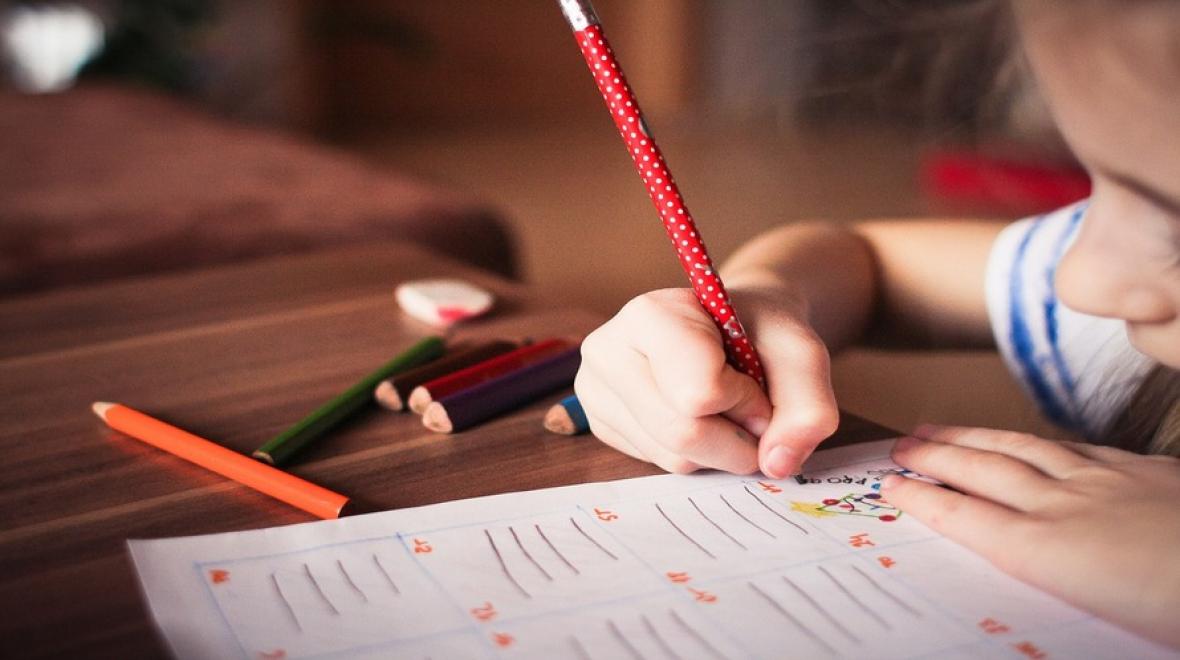
Photo:
Pixabay
Have you heard of the summer slide (and no, we’re not talking about water slides)? The summer slide is when your child’s year-long progress falls backward during summer break. For some children, it’s only a slight deterioration of skills, but for others, it can be significant and have a large impact on keeping up during the next academic year.
Children in low-income households are unfortunately more vulnerable to the summer slide because they are less exposed to camps and educational experiences during the summer break, according to the National Summer Learning Association. But children from all walks of life are at risk of seeing their skills decline. They can regress academically, forgetting the math and writing lessons they ended the year with. They can also regress in movement and motor skills.
Imagine you took the summer off from running because you were too busy and the heat was just too much. Come September, you hit the pavement only to find yourself exhausted and aching a mile in. You keep at it, establishing a regular routine again, but it would have been much easier if you had done even minimal maintenance over the summer.
Of course, it’s a little late now if you didn’t keep your kids’ skills fresh over the summer. But it’s not a lost cause. You can still get your kids started on the right foot this fall with these five tips.
- Set expectations. Set an end-of-summer schedule and let your children know what to expect. Reserve time each day for school work, offering grade-level workbooks, activity books, or even a craft project. Playtime should also be scheduled. Go for a swim or enjoy time at the playground. After a long summer at home, it’s all too easy to fall back on TV and tablets. While this can be valuable time for winding down, it can't be a 24/7 experience.
- Reboot your schedule. Those lazy summer mornings were great but it's time to start back on your school year sleep schedule. Have your child wake up at the same time they'll need to for school, go to bed early, and eat snacks and lunch at the normal times. Setting boundaries and offering positive reinforcement for good behavior will go a long way.
- Forecast fun times ahead. Search out nearby locations that make for fun day getaways, and use the outing for an educational or social experience. Museums are perfect for allowing your child to gain a new perspective or find a new topic of interest. Whether it’s art, science, or even space, a day at a museum will give you a week of talking points. Local landmarks offer the opportunity to learn about your city’s history and give your child a better sense of connection to their neighbors.
- Reconnect with peers and friends. If you’ve been too busy to connect with school friends, now is a perfect time to revisit those connections. Playing with similar-aged peers, or even ones slightly older or younger, is crucial. Your child will learn how to approach social situations, navigate negotiation, cooperate, compromise, and become adept at conflict resolution. Peers also offer emotional support, at any age. Friends are the safe place children go for comfort and safety.
- Don’t go overboard. Children are children. They need breaks, as does everyone. While you shouldn’t let your kids become lifeless couch potatoes, you should also be mindful not to overschedule. The crux of summer success is balancing quality bonding time, free time, and structured activities.
Summer is the perfect time to try new things, but all good things must come to an end. Get ready for school by engaging your kids in ways that will help stimulate their minds and bodies, allowing them to maintain their current skill levels and prepare for the school year ahead.











